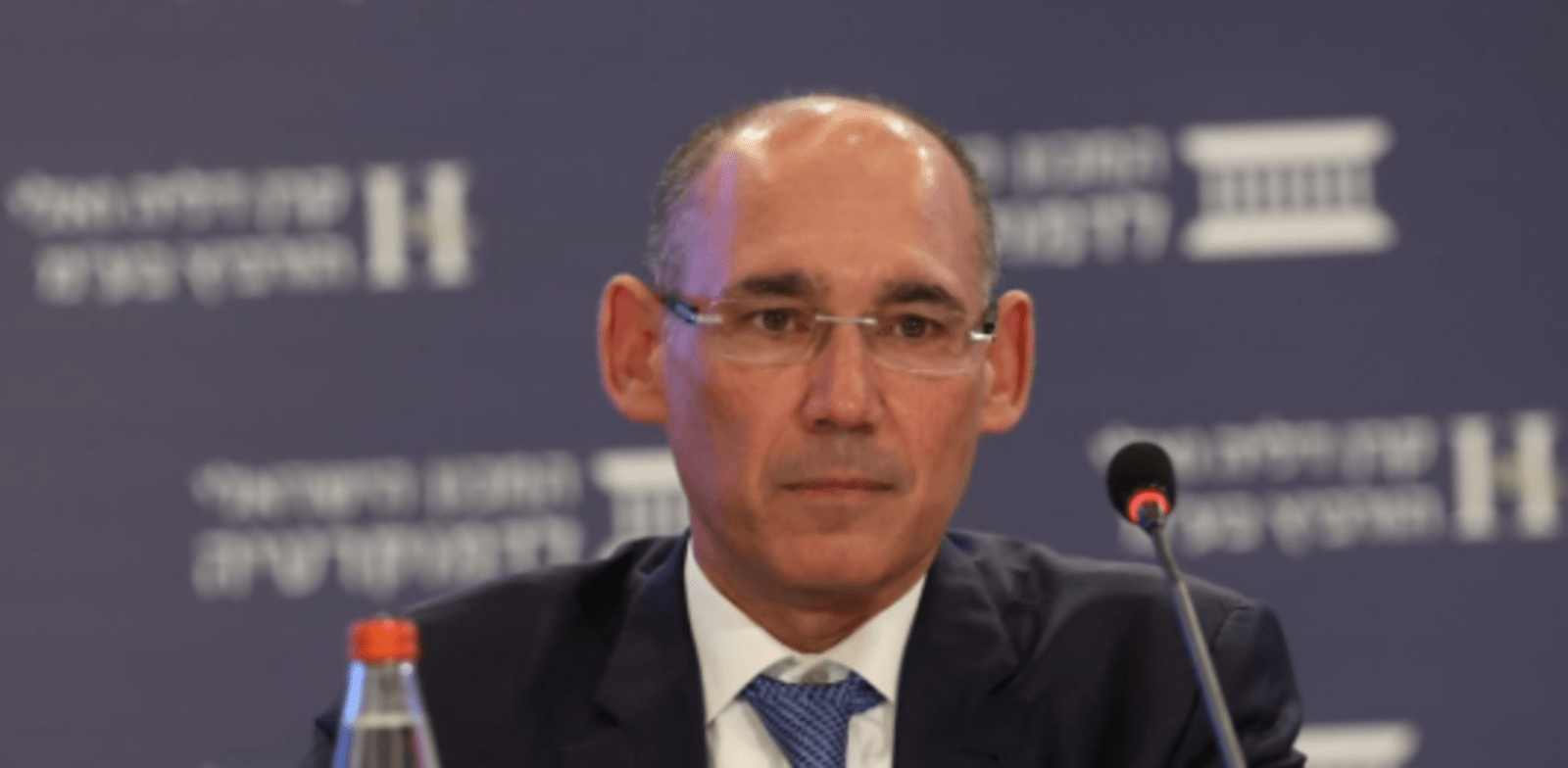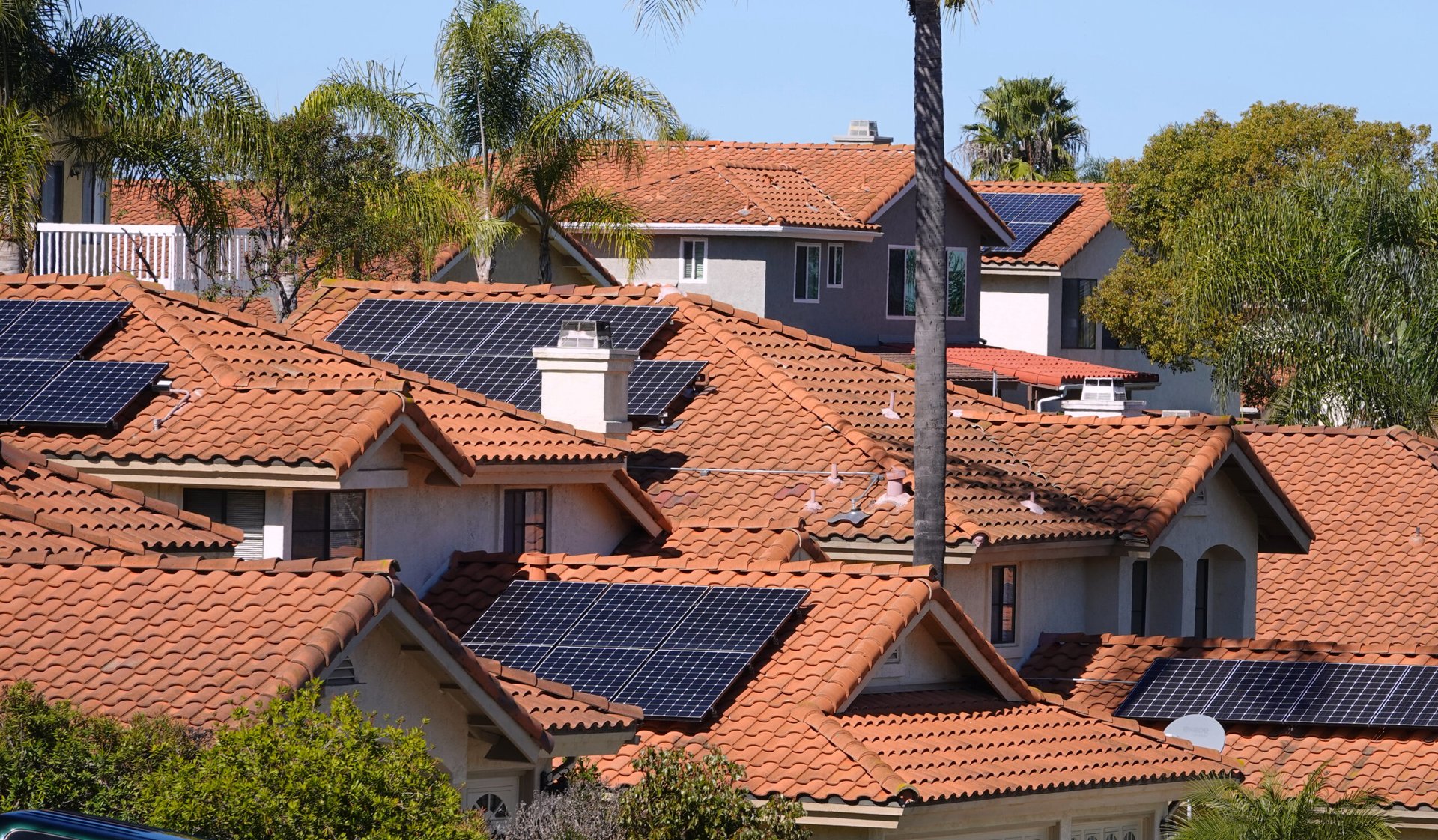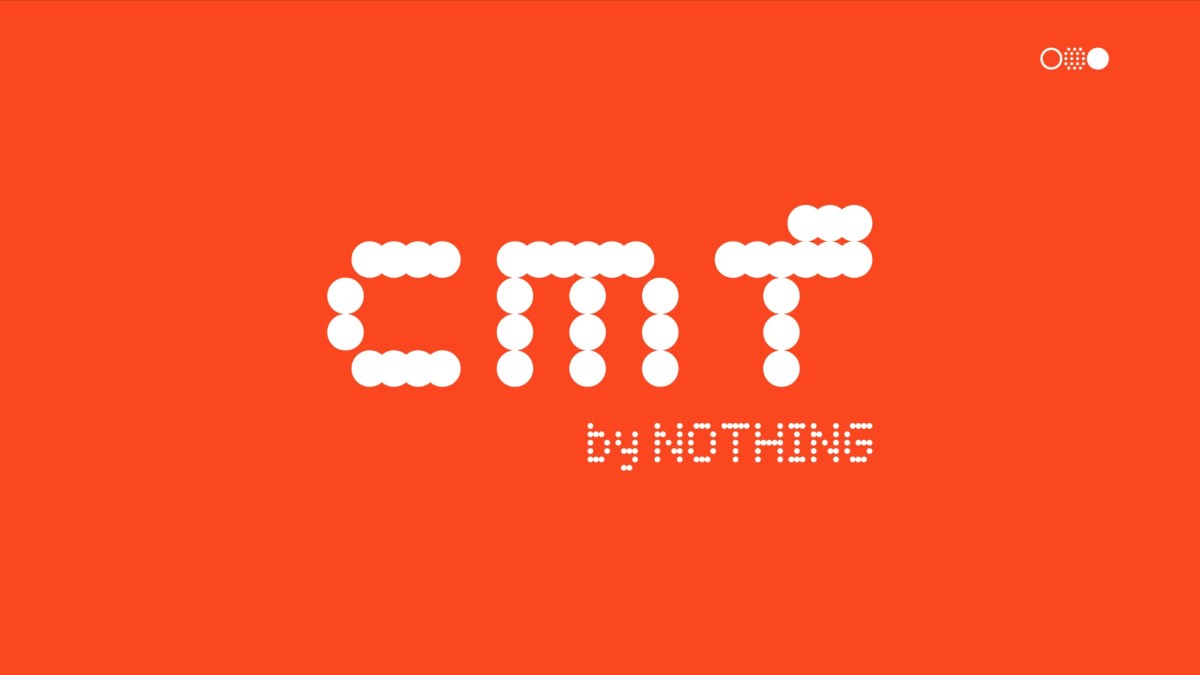Gradient gets €14M to develop a novel cardiovascular health solution. | Image credit: Unsplash/Robina Weermeijer
France-based medtech startup Gradient Denervation Technologies announced on Thursday that it had raised €14M in a Series A round of funding. Asabys Partners led the financing effort through its newly established fund, Sabadell Asabys II.
Thuja Capital and Gradient’s founding investor, Sofinnova Partners, also took part in the fundraising.
In 2020, Gradient received €3.5M in a Sofinnova-led seed funding round.
“I’m very happy to welcome Asabys Partners and Thuja Capital to the Gradient team. In addition to capital, these investors bring deep expertise and thought partnership to Gradient as we seek to bring our technology to patients,” says Martin Grasse, CEO of Gradient.
Gradient says it will use the new funding to support clinical development and assessment of its catheter device. The company already began its first-in-human clinical study in Europe earlier this year. It has also announced plans for a feasibility study in the US.
Solution for pulmonary hypertension
Gradient aims to enhance the condition of people with pulmonary hypertension. This health condition occurs when blood pressure from the heart to the lungs is too high due to thickening or blockage in the blood vessels.
![]()
The startup’s catheter-based solution uses thermal ablation to perform denervation in the human’s pulmonary vasculature. The cutting-edge technology specifically targets nerves that cause hyperactivity in the patient’s pulmonary artery.
Gradient’s initial focus is the Group 2 pulmonary hypertension patients. A significant portion of patients with heart failure have pulmonary vascular resistance. Data reveal that the mortality rate of these patients reaches 50 per cent, four years after the diagnosis.
According to Gradient, there is a “large unmet need” in the market since there is no approved therapy option that addresses this problem. Gradient’s minimally invasive device, which is not yet commercially available, is developed to treat this delicate condition.
Gradient says several challenges complicate its product design. Human vessels are very thin, and therefore, the team uses an energy source that does not demand intimate contact with the vessel wall to distribute heat.
The company also says that there is a significant diameter range in a person’s anatomy. The device should accommodate the difference in vessel diameters.
Additionally, human vessels are located close to the right ventricle, causing significant pulmonary and cardiac motions. This means that the therapy module should include the stabilisation of these motions to ensure a consistent thermal dose to the target location.
Gradient’s solution has potential
Investors in the Series A financing round highlight the potential for Gradient’s denervation technology in cardiovascular treatment.
“Gradient’s technology has the potential to become a first-in-class treatment for patients suffering from heart failure and elevated pulmonary pressures. The company is ready to prove the concept of its technology in the clinic, and we look forward to joining the management in this exciting journey,” says Sylvain Sachot, partner at Asabys.
Sofinnova venture partner Mano Iyer says its participation in Gradient’s most recent funding round underscores his firm’s mission to support quality innovation.
“The transformative potential we saw in Gradient’s unique technology at the outset is increasingly apparent, reinforcing our early conviction. We are excited to work with an expanded investor base to make this technology available for all patients with heart failure and pulmonary hypertension,” says Iyer.
…your recruitment or product development with our curated community partners!







































